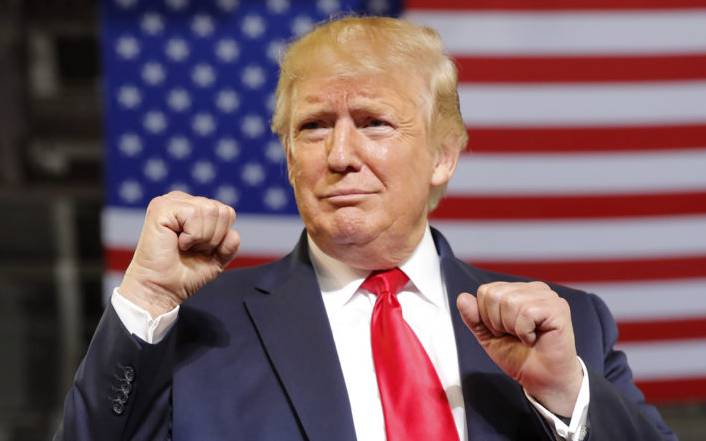×
The Standard e-Paper
Stay Informed, Even Offline

US President Donald Trump has been seething with rage for the past two weeks after the country held its elections.
As it stands, Biden has 290 electoral college votes against Trump’s 232. The Democratic Party candidate also won the majority votes by garnering 78.9 million against Trump’s 73.2 million votes. Trump contested results in Georgia, Arizona and Pennsylvania all of which Biden opened slim leads.